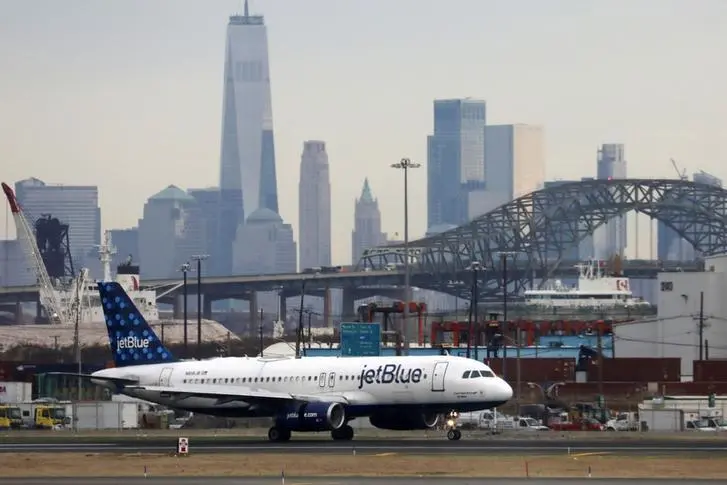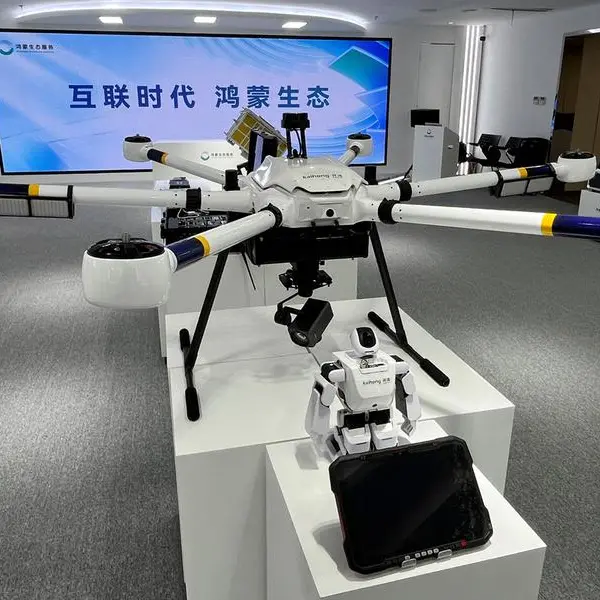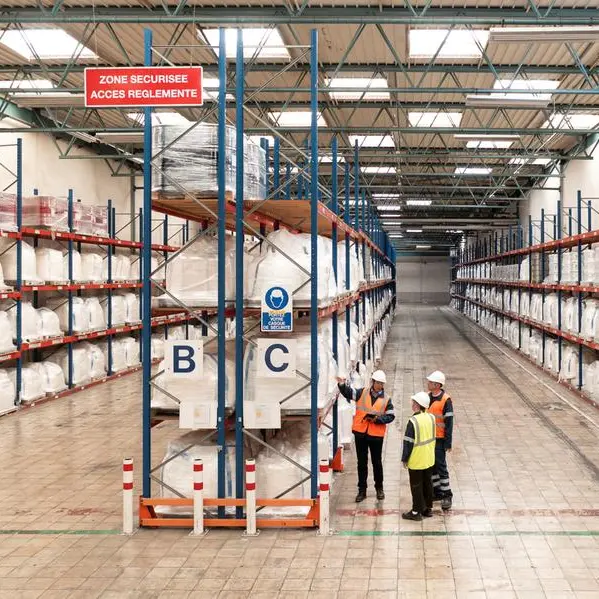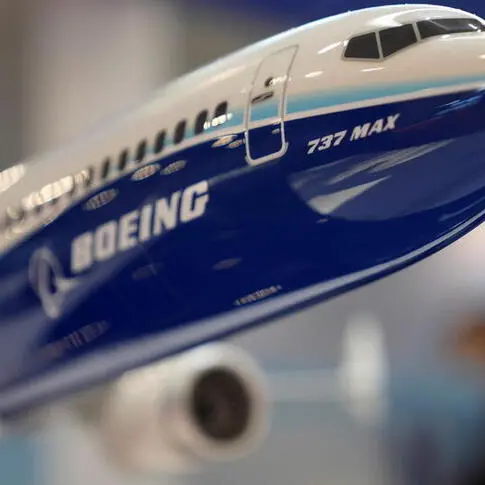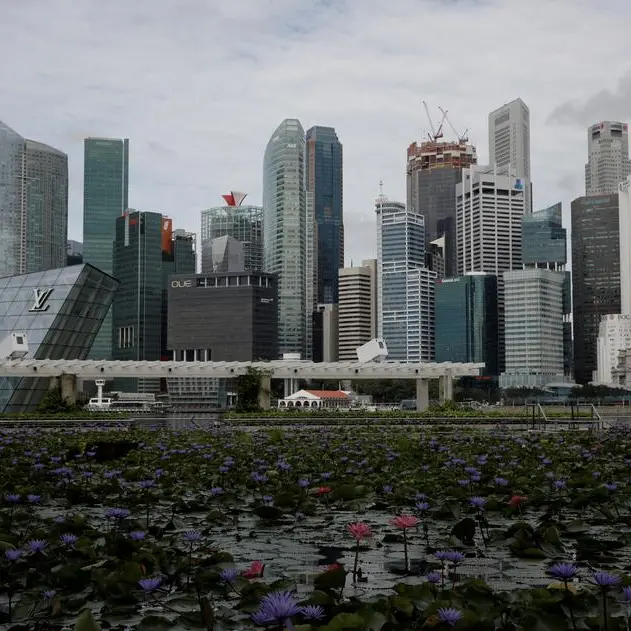PHOTO
WASHINGTON - The U.S. Justice Department's complaint aimed at stopping JetBlue Airways Corp from buying rival discount carrier Spirit Airlines Inc will force the companies to explain why very high market shares on some routes will not mean higher prices for consumers.
The government filed the lawsuit on Tuesday, saying the planned $3.8 billion acquisition "will lead to higher fares and fewer seats, harming millions of consumers on hundreds of routes."
The U.S. Justice Department argued JetBlue was losing its reputation as a maverick, low-price carrier as it grew and that Spirit was poised to expand, posing a bigger threat to other airlines.
It also said JetBlue and Spirit were "especially close and fierce head-to-head competitors" on such routes as Boston to Miami/Fort Lauderdale, where they had about half the market and Boston to San Juan, Puerto Rico, where they had nearly 90%.
In court, JetBlue is expected to argue that the deal would create a sort of super-maverick that would at least slow price increases in the sector. It will likely reiterate it has just 9% of the national market and point to planned asset sales in Boston and elsewhere as a way to resolve antitrust concerns.
JetBlue will face "an uphill battle" as it fights the government," said Diana Moss, president of the American Antitrust Institute. She added that showing an airline merger is illegal is "not rocket science."
"It's a solid complaint. Whether they win or not - goodness, who knows," agreed Bill Kovacic, a former chair of the Federal Trade Commission.
Several legal experts interviewed stopped short of saying which side they thought would prevail in court.
Analysts have said the lawsuit has cast a chill over future airline deals, at least during the Biden administration, but companies will still kick the tires on deals as they push for growth and to manage costs.
The fact that JetBlue and Spirit are relatively small players in the U.S. airline market compared with American Airlines Group Inc, Delta Air Lines Inc, Southwest Airlines Co and United Airlines Holdings Inc , which have 80% of the market, could make it hard for the government to argue the merger would lead to higher prices, said Benjamin Dryden, an antitrust attorney with the law firm Foley & Lardner.
Dryden also said JetBlue should focus on its divestiture offer. JetBlue has said it plans to sell Spirit gates, takeoff and landing rights and some related facilities at Boston Logan, LaGuardia, Newark Liberty and the Fort Lauderdale, Florida, airport.
Merging parties, including UnitedHealth Group Inc's acquisition of Change Healthcare, have had some successes in convincing judges to rule against the government on the grounds that the proposed asset sale resolves the issue.
"If I'm JetBlue, that's where I focus right now, developing that divestiture offer and lining up a buyer to 'litigate the fix,'" said Dryden.
Another potential argument, said Dryden, would be that two price-slashing carriers will do a better job of making the big legacy carriers sweat if they work together.
Whatever arguments JetBlue uses, a court fight could last six to eight months and cost tens of millions of dollars in attorney fees, legal experts said.
Bill Baer, head of the Justice Department's antitrust division under former President Barack Obama, said the government's complaint "shows that there is meaningful competition between Spirit and JetBlue."
"JetBlue brags about the 'JetBlue effect,' where they enter a market and fares tend to go down," he said. "But they see the same thing where Spirit enters, and it worries them."
(Reporting by Diane Bartz and Mike Scarcella in Washington Additional reporting by Rajesh Kumar Singh in Chicago and David Shepardson in Washington Editing by Ben Klayman and Matthew Lewis)
